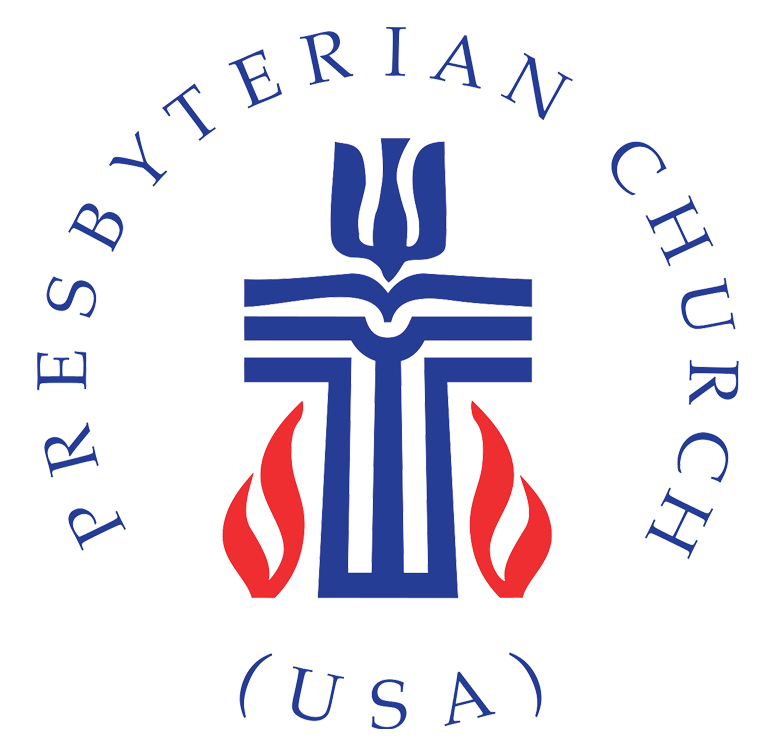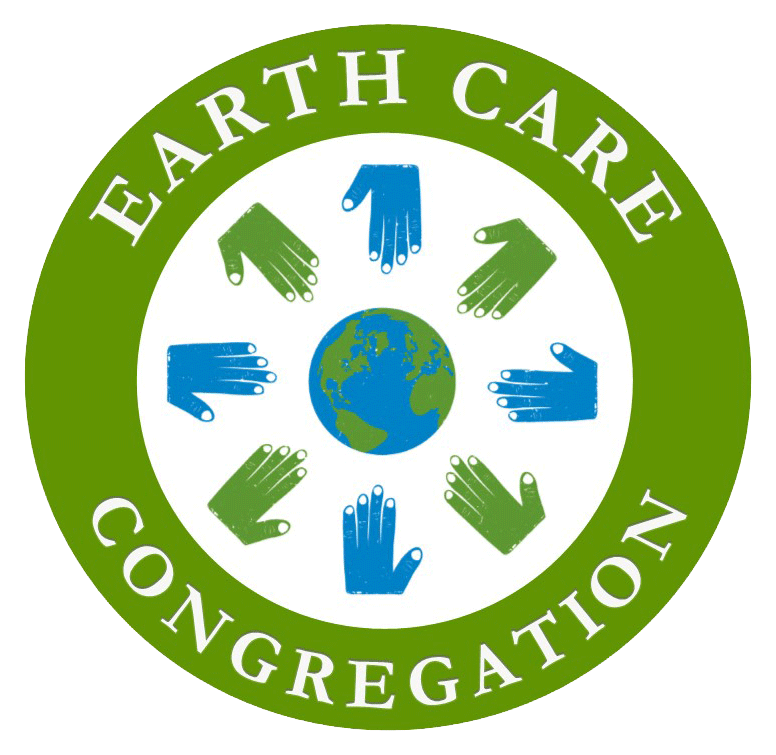Date: January 5, 2020
Scriptures: Matthew 2:1-12
The year was 1998. And I was preparing to leave my first church to serve my second church as an ordained pastor.
I was delighted by the interest a church in Ann Arbor, MI was showing me, a small-town rookie parson in Oklahoma. Everything about the Michigan church seemed aflame with the light of today’s Star of Epiphany. For one, it was a More Light church, as LGBT-inclusive congregations such as this one are called – and we became one here at BPC in 2010. More Light: at that time, that Michigan church was one of about 100 congregations of over 11,000 in our denomination at bound more to its mission to be LGBT-inclusive than to be institutionally exclusive. Bound more to the principles of Jesus, that church believed, than to the powers of Jerusalem.
As I listened to that Ann Arbor church’s powerful witness and prepared to say “yes” to its counter-institutional call, it could not escape my attention how small this congregation was. Was there some internal family dysfunction I was missing? Was its Pastor Nominating Committee being dishonest – or, at the least, dissembling?
I took my dilemma to the Executive Presbyter in that area – a man who by the way now resides at the Riderwood retirement community nearby, along with our church’s centenarian Louise Williams and our church friend the Rev. Paul Smith. I said to that Executive Presbyter – a man named Ed Gehres – over the phone, “This church seems wonderful. Its mission is dynamic. What keeps it so small?”
His response was immediate. “Location … Location … Location.”
Indeed, Northside Presbyterian Church in Ann Arbor, MI had a location issue – and has one to this day. It is situated off a side road that was once a main road – and then down a long driveway from that road and into a wooded area.
Now: We at Bethesda Presbyterian Church are a similar size faith community to that one. And while we suffer through a location issue when it comes to parking, we do not have one in terms of our visibility – physically or communally.
And yet, when I look over our fascinating 2019 Year in Photos – and I bid you do the same, if you have yet to do so – I notice a location issue we may have overlooked.
Not one based on a lack of parking for our church. But perhaps one based on where we park ourselves as a church.
There’s something I think missing in this photo assemblage about where we park ourselves as a church. Something several of us named in our Appreciative Inquiry process we began last summer, and we continue after Worship today, that are vital activities we have experienced here over past years – activities many of us include in the family album we can call “our church’s greatest hits”.
A vital asset of our church from our recent past that has not been present as much over this past year. The vital asset … of changing our location.
Changing our location. Involving ourselves as a church in person in or beyond our immediate community – versus simply hosting others to locate and do their stuff here. Others such as Bethesda Montessori School, Bethesda Cares, Del Ray Club, Bethesda Summer Music Festival, and coming soon in March, the Museum of the Contemporary American Teenager.
There’s a power, however, in changing location as a church. Whether it involves as it has a church retreat at a retreat center – engaging in a hands-on landscaping activity for those in need– or making a strong showing as one at a solidarity gathering in DC.
Now last year, as the Year in Photos attests, we hosted many interesting speakers, and we studied and talked about many interesting things. And with the exception of our Seminary-for-a-Day Saturday in Richmond, all of these speakers and all of these subjects were welcomed and discussed here on church grounds or at Table Talks at La Madeleine down the street.
In short: We remained in our Bethesda comfort zone. We remained in our Bethlehem – or perhaps we did not travel to one?
Which, when I thought about it, is quite ironic – given the extensive and often worldwide travels of so many of our members and friends!
And so I want to challenge the three magi – excuse me, the three male elders – being installed in Worship today to serve on our church board, the Session, to join the three female magi already serving on our Session to lead us this coming year in a modest venture or two as a congregation.
A venture or ventures that joins the magi in our story of old today in striking out and changing our location. Leading us, the church, to a specific holy place of vulnerability and humility in our world that we might – like the magi today – return to our own country by another road. A road less traveled, perhaps – one that otherwise we would not know exists.
Several of us in our congregation – on an individual basis – have seen the Star of Bethlehem moving and then stopping in several nighttime journeys in your life.
You have seen the star by participating in community or regional projects not of peace through military victory, but peace through nonviolent justice.
You have seen the star by traveling to the Holy Land to witness our U.S.-fueled strife there, on all sides.
You have seen the star – as this pastor has seen it – by traveling to the Borderlands or Latin America, to be cut to the heart by the razor’s edge where First and Third Worlds meet.
You have seen the star move, you have seen the star stop – and then you have witnessed the star fade, as you then refuse to cooperate with Herod any further and find your own way to your own spiritual home.
What sayest thou that we discover and then follow the light of that Epiphany star as a faith community? The faith community, as Rev. Pat noted in our small group discussion of this scripture yesterday, (the faith community) that this narrative’s magi represents?
It’s not just us, of course, who have been changing location less in our faith community life. The columnist David Brooks observed in last Sunday’s New York Times that “Psycho-social categories have hardened.” He then suggests a la Jonathan Rauch that “ideological polarization is not on the rise, emotional polarization is on the rise. We don’t necessarily disagree more. We perceive our opponents to be more menacing. We see more fearfully.”
Brooks then adds, “It’s not enough to simply ask people’s opinions through polls and interviews. Epistemology” – that is, our ways of knowing – “(epistemology) is deeper than opinions. It’s found through deeper probing.”
“Epistemology is deeper than opinions.” I have noticed that in our church – on Sundays, in small weekly groups, on Facebook – we often do well in the church in the department of sharing opinions. And even if we are thousands of miles apart in sharing them: we do not have to leave our chairs where we are and engage the threatening-other to share them.
As David Brooks concludes his article, however, “… in a hyper-pluralistic society you can’t know people in other groups until you know how they know you.”* And that takes magi-like, Gentile-to-Jew risks of forming and framing, engaging and entering into new and often uncomfortable relationships.
For it’s through these new and uncomfortable relationships – forged as a church as well as individuals – that our beliefs in Jesus are shaped. Beliefs which will then harden into certain relationships unless we keep the magi’s journey moving.
Keep the journey moving … of changing our location. Our psycho-social-emotional location that can easily calcify into speaking about and theorizing about the person of Jesus when we are being called to travel inwardly and outwardly a bit to discover him. Discover him, in some of life’s darkest and dankest and most indelicate places. People we can see and involve and engage face-to-face – when we would otherwise reinforce, in one President’s face, our faceless fears.
From time to time, our Session has engaged in half-day retreats to reset and re-energize our vision as a church. In a way, that’s something we are continuing as a congregation to do post-Worship throughout January in continuing our Appreciative Inquiry discussions.
A few of you on Session maybe four or five years ago may recall a half-day retreat we held then that did not involve brainstorming or butcher paper or bold new visioning. Instead, we invested a Saturday morning sitting in on Del Ray 12-Step meetings and the Saturday Bethesda Cares lunch here, then visiting the Bethesda Cares office, then taking a SUV-tour of the latest morphing of uptown Bethesda.
And then – and only then – we returned to our church to sit down and discuss. Discuss not what we thought – but what we saw. And some of what Session veterans saw was how this “retreat” was the best leadership retreat they had ever been a part of.
As the magi of old discovered in their strange journey: what power there is in changing location. Psycho-social-emotional location. Many of us dabble in it as individuals. Can we commit to it as well – in some modest fashion – as a church?
In the words of that great Scottish poet Bobby Burns: “O wad some Power the giftie gie us/To see oursels as ithers see us!”
*David Brooks’ article in its entirety: https://www.nytimes.com/2019/12/26/opinion/media-politics.html?fbclid=IwAR0KXG_yL40NiCfnBon4PHCVGImait2MzQsEO1L8z3X-z6OaQD2A8-LxUF




